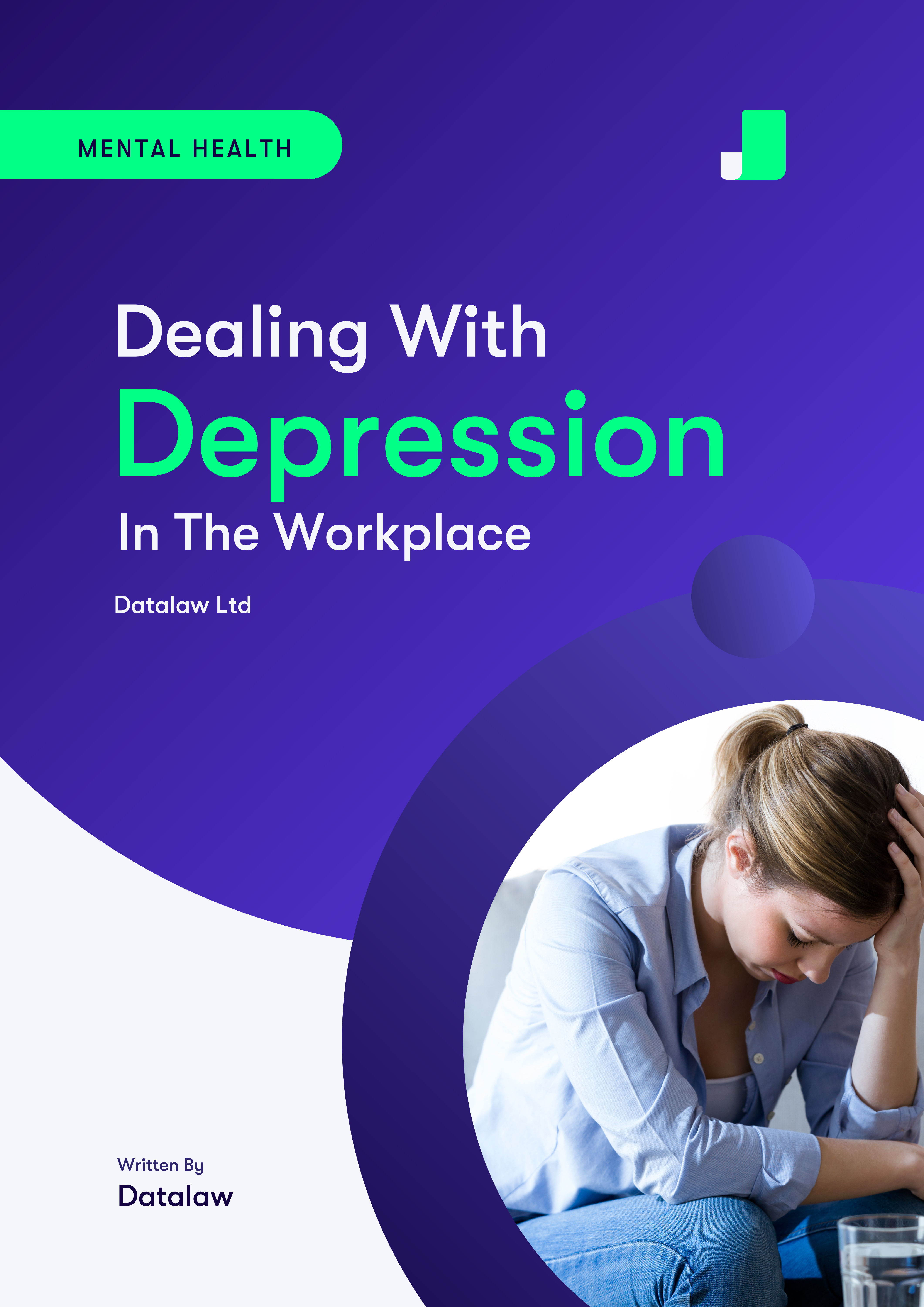EMPLOYEE WELLNESS
Depression Guide
Depression
Download our simple to follow 4-week Depression Guide that can be used to help track your depression.
Clinical depression is a serious condition. The words “depression,” “depressive illness,” or “clinical depression,” as used by health experts, relate to something substantially different from the typical experience of feeling sad, miserable, or frustrated for a brief period of time.
The brief moments of sadness that we all occasionally experience are significantly less intense and terrible than the depressive sensation. It lasts far longer. Instead of days or weeks, it may endure for several months. The majority of depressed individuals won’t experience all of the symptoms listed above, but at least five or six of them.
Symptoms
You:
- Feel sad a lot of the time (but may feel a little better in the evenings)
- Losing interest in life and are incapable of having fun
- Finding it more difficult to make a decision
- Can’t handle certain things like usual
- Feel exhausted
- Feel uncomfortable and restless
- Lose weight and appetite (some people find they do the reverse and put on weight)
- Spend 1-2 hours trying to drift to sleep, and then rise earlier than normal.
- Lose interest in sexual activity
- Feel worthless, incompetent, and hopeless
- Avoid social situations and feel frustrated
- Feel worse on some days of the week, typically in the morning.
- Encounter suicide thoughts
Take care; because depression often creeps up on us slowly, it’s common for us to be unaware of it. We may be adamant about pushing through and frequently accuse ourselves of being neglectful or weak. We might need other individuals to convince us that asking for support does not indicate weakness.
When should you ask for help?
- When your depression symptoms are more severe than usual and don’t appear to be improving.
- When depressive symptoms interfere with your employment, interests, and feelings toward your friends and family.
- If you ever had the thought that life is not worth living or that the world would be better off without you.
Talking things through with a family member or friend, who may be able to support you through a difficult time in your life, may be helpful. You should probably discuss it with your primary care doctor if this doesn’t seem to be of help.
You might discover that your loved ones are concerned about you because they recognise a change in you.
